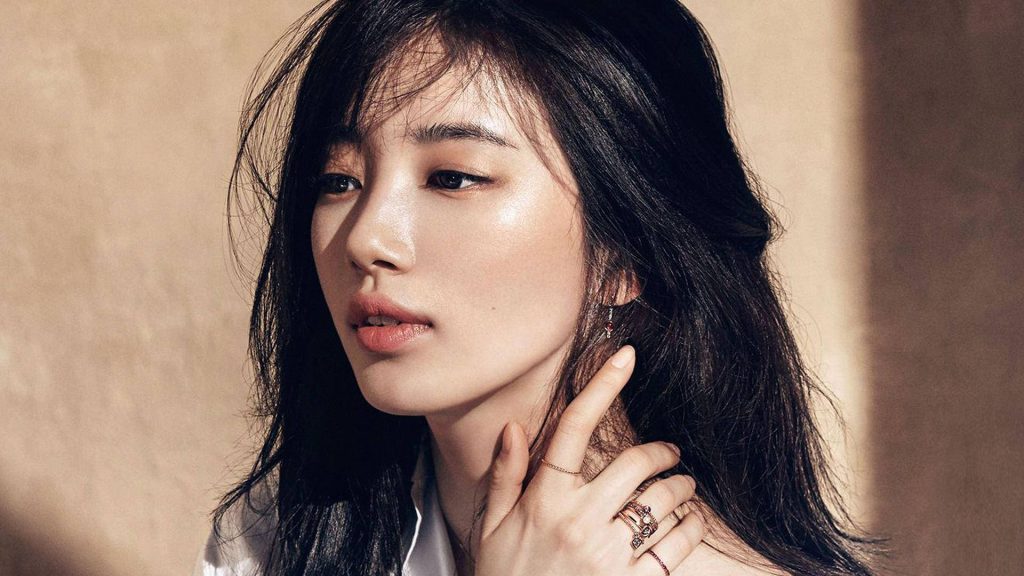In the world of Korean entertainment, names like Kim Tae-Hee, Han Hyo-joo, and Bae Suzy are often associated with beauty and grace. These talented actresses have captivated audiences not only with their acting skills but also with their striking looks that adhere to the Korean beauty standards. Their flawless complexions, delicate features, and radiant smiles have become iconic in the realm of Korean entertainment.
However, the influence of beauty standards in South Korea extends far beyond the entertainment industry. It permeates various aspects of society, from everyday life to the beauty and fashion industries. The pressure to conform to these standards can be intense, shaping the perceptions of beauty for both men and women.
In this article, we will delve into the topic of beauty standards in South Korea, exploring their origins, impact, and evolving nature. We will examine the cultural and societal factors that contribute to these standards and the implications they have on individuals’ self-esteem, body image, and overall well-being.
Beauty Standards in South Korea

The Korean beauty standards prioritize certain physical attributes, such as fair and flawless skin, a V-shaped face, double eyelids, a small nose, and a slim figure. These ideals are often perpetuated and reinforced through various media platforms, including K-pop music videos, advertisements, and beauty trends. Female K-pop idols like Jisoo from Blackpink and Irene from Red Velvet have become quintessential examples of beauty that aligns with these standards. Their flawless skin, perfectly sculpted features, and impeccable style epitomize the Korean beauty ideal.
It is important to recognize that beauty standards can be both empowering and restrictive. While they contribute to a sense of cultural identity and pride, they can also place unrealistic expectations on individuals, leading to feelings of inadequacy and pressure to conform. In the context of South Korea’s entertainment industry, particularly the world of K-pop, these beauty standards can sometimes reach extreme levels and have a significant impact on female idols.
In the K-pop industry, female idols often face immense pressure to embody the ideal beauty standards. They are expected to possess flawless skin, slim figures, and attractive facial features. These expectations can lead to a hyper-focus on physical appearance and create an environment where extreme measures are taken to achieve the desired look.

Some female idols endure strict diet regimens, sometimes referred to as “paper cup diets,” where they limit their food intake to an extreme degree. These diets can be highly restrictive and can have detrimental effects on their physical and mental health. Additionally, the pressure to maintain a specific body shape and size can lead to excessive exercising, even in the form of extreme workout routines or excessive practice sessions.
Furthermore, the pressure to conform to beauty standards can also result in the normalization of cosmetic procedures within the K-pop industry. It is not uncommon for female idols to undergo various cosmetic enhancements, including double eyelid surgery, rhinoplasty, and jawline reshaping. These procedures, while a personal choice, can contribute to perpetuating the notion that one must alter their appearance to meet societal expectations.
It is important to note that these extreme beauty standards and practices are not limited to the K-pop industry alone. They reflect a broader societal influence on beauty ideals and the lengths some individuals are willing to go to fit those standards. While the entertainment industry certainly amplifies these expectations, it is essential to question and challenge the underlying beliefs that drive these standards.
Fortunately, there has been a growing awareness and conversation about the toxic aspects of beauty standards and the pressure faced by female idols. Many fans and advocacy groups are actively supporting the idea of promoting healthier and more realistic beauty standards. They emphasize the importance of self-love, acceptance, and mental well-being, encouraging idols to embrace their natural beauty and unique qualities.
In recent years, there have been instances of female idols openly addressing the challenges they face regarding beauty standards and the pressures within the industry. Their candid discussions and personal stories help shed light on the realities and the toll that extreme beauty expectations can have on individuals’ self-esteem and overall health.
In conclusion, while beauty standards in the K-pop industry, particularly for female idols, can be extreme and place significant pressure on individuals, it is essential to understand that these standards do not represent the full spectrum of beauty. The conversation surrounding toxic beauty standards is evolving, with increased awareness and efforts to promote healthier and more inclusive ideals. By challenging these extremes and fostering a culture of acceptance, we can create a more positive and empowering environment where individuals can celebrate their unique beauty and talents without compromising their well-being.



